Released in February of 1984, Footloose has solidified its place as a beloved classic, thanks to its infectious music, high-energy dancing, and feel-good spirit. While its plot may be straightforward, and its characters lean on familiar archetypes, the film’s charm lies in its ability to inspire audiences to get up and move. Tackling the heavy theme of censorship, director Herbert Ross (The Goodbye Girl 1977, Steel Magnolias 1989) crafts a story where the power of music takes center stage, blending serious undertones with an irresistible sense of fun.
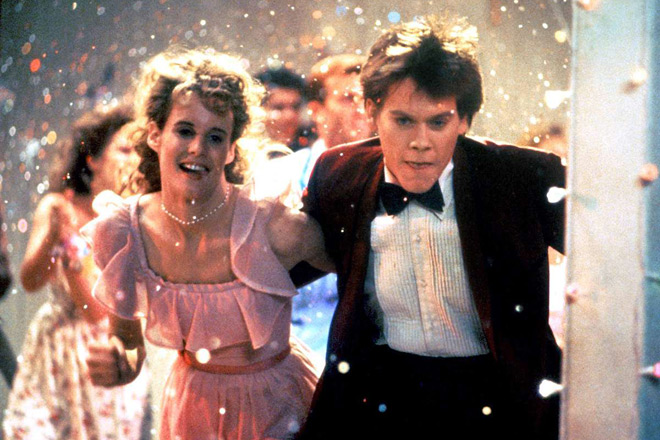
Kevin Bacon (A Few Good Men 1992, Apollo 13 1995) shines as Ren, a calm and determined teen who relocates from Chicago to a small town where strict Christian values dominate and dancing is outlawed. In this new environment, he bonds with the awkward but loyal Willard (Chris Penn: Reservoir Dogs 1992, True Romance 1993), the spirited Rusty (Sarah Jessica Parker: Sex and the City series, The Family Stone 2005), and the rebellious preacher’s daughter, Ariel (Lori Singer: Fame series, The Man with One Red Shoe 1985). United by Ren’s defiant energy, the group takes on the town’s restrictive rules, fighting for the right to hold a high school dance. John Lithgow (The World According to Garp 1982, 3rd Rock From The Sun series) delivers a nuanced performance as Reverend Shaw, transforming a seemingly rigid antagonist into a deeply human character whose struggles and convictions invite empathy.
It is impossible to talk about Footloose without highlighting the lasting impact of its iconic music. With many of the songs co-written by Lyricist Dean Pitchford, the soundtrack became a cultural phenomenon. Tracks like “Holding Out for a Hero” (sung by Bonnie Tyler), “Almost Paradise” (sung by Mike Reno of Loverboy and Ann Wilson of Heart), Moving Pictures’ “Never,” and Deniece Williams’ “Let’s Hear It for the Boy” have transcended the film itself, becoming staples in pop culture and finding new life in countless movies, TV shows, and commercials. The title-track, “Footloose,” written/performed by Kenny Loggins, remains one of the most recognizable and celebrated anthems of the 1980s, perfectly capturing the film’s rebellious energy and sense of freedom. The music not only drives the story forward but also underscores its emotional beats, making it as integral to the film’s identity as its characters and choreography.
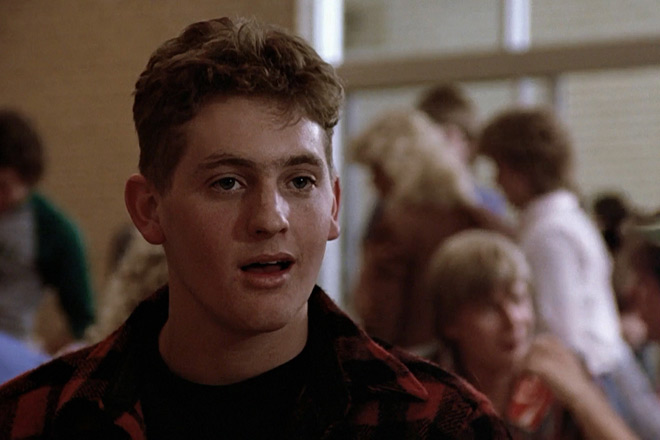
The warehouse dance scene in Footloose is so iconic and over-the-top that it has been parodied countless times in pop culture. Comedic nods to the scene can be found in films like 2007’s Hot Rod and TV shows such as Family Guy (Season 12, Episode 18) and Rick and Morty (Season 1, Episode 7), to name just a few. The exaggerated, high-energy choreography even spawned its own term, “Punchdance,” referring to a style of street dancing characterized by moves that mimic boxing or combat. Beyond its comedic legacy, the scene also serves as a visual representation of Ren’s pent-up frustration and rebellious spirit, with Kevin Bacon’s raw intensity bringing the emotional stakes to life. Set to the electrifying “Never” by Moving Pictures, the sequence captures the film’s unrestrained energy and is still celebrated as one of the most memorable moments in dance-focused cinema.
The film is not without its flaws, especially when viewed through the lens of today’s cultural climate. The depiction of abuse, particularly the casual and sometimes dismissive way it is presented, feels deeply uncomfortable. Scenes of physical violence and emotional manipulation, especially those involving Ariel, are jarring by modern standards and underscore how much societal attitudes toward abuse and its portrayal in media have evolved. What may have been interpreted as dramatic tension in 1984 now is a stark reminder of the importance of more nuanced and responsible storytelling when addressing such sensitive issues.
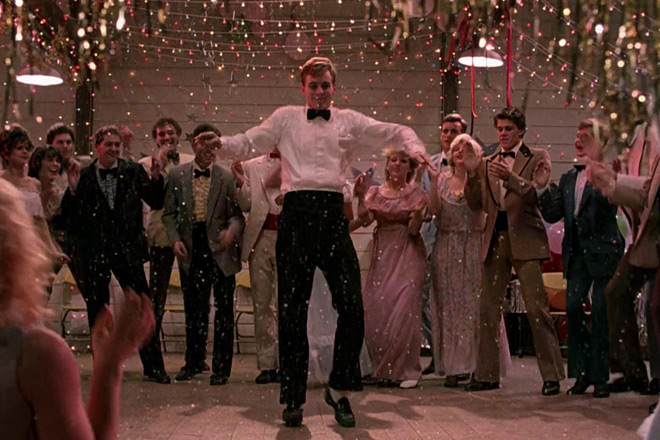
Despite exploring more serious themes and moments of domestic violence, Footloose remains, at its core, a feel-good movie. Its infectious energy, unforgettable soundtrack, and dynamic performances make it a quintessential piece of 1980s cinema. While certain aspects of the film may feel dated or problematic by today’s standards, its celebration of self-expression and the power of music continues to resonate with audiences. Decades later, Footloose still inspires viewers to kick off their Sunday shoes, proving that its heart—and its rhythm—are timeless.
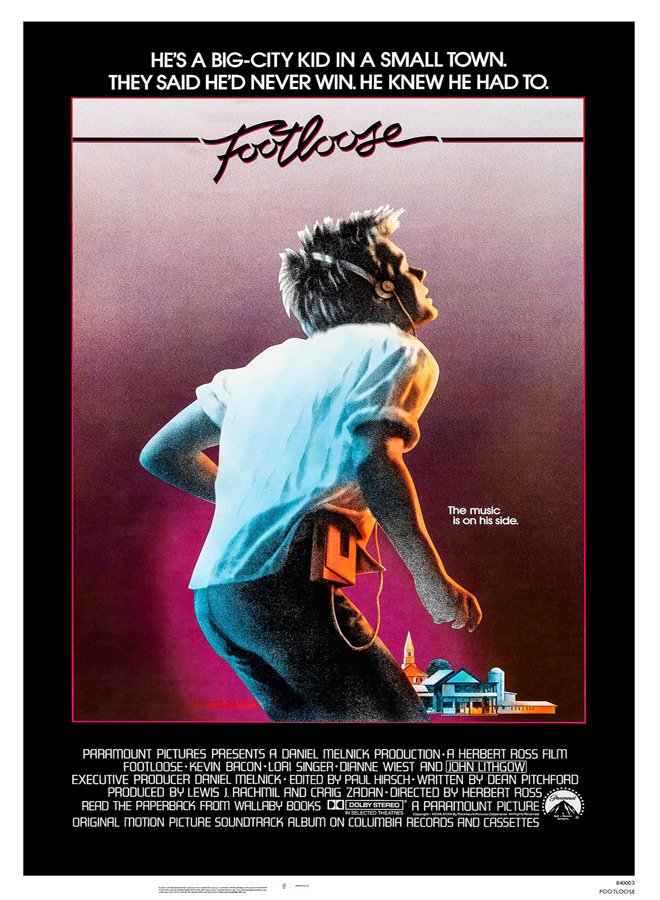
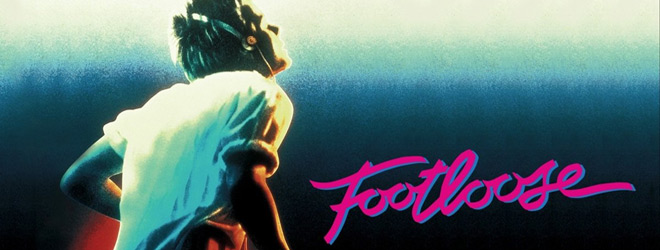




No comment